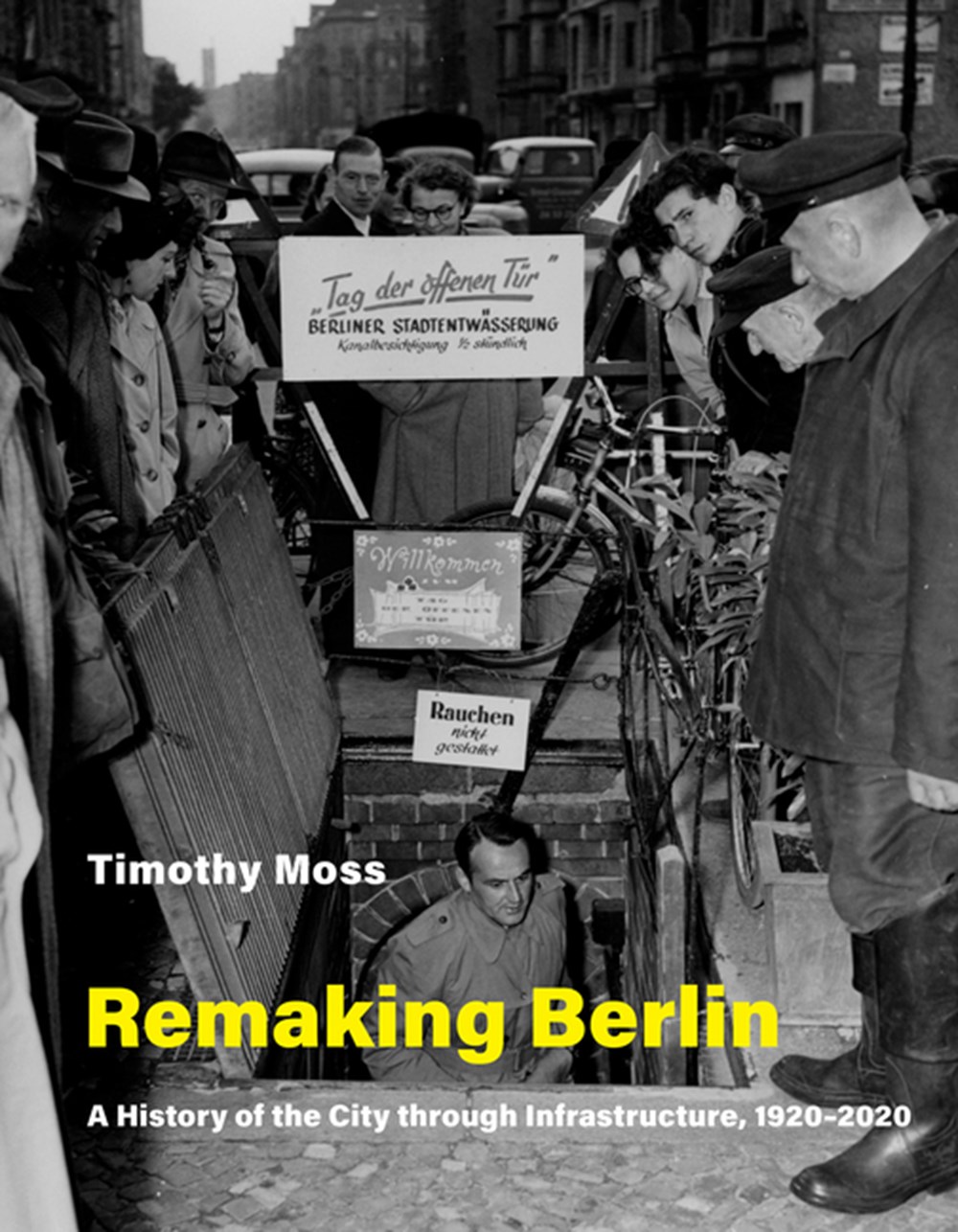
Remaking Berlin: A History of the City Through Infrastructure, 1920-2020
| Quantity | Price | Discount |
|---|---|---|
| List Price | $50.00 | |
| 1 - 24 | $42.50 | 15% |
| 25 - 99 | $31.00 | 38% |
| 100 - 249 | $30.00 | 40% |
| 250 - 499 | $29.00 | 42% |
| 500 + | $28.50 | 43% |
$50.00
Book Information
| Publisher: | MIT Press |
|---|---|
| Publish Date: | 09/29/2020 |
| Pages: | 448 |
| ISBN-13: | 9780262539777 |
| ISBN-10: | 0262539772 |
| Language: | English |
Full Description
In Remaking Berlin, Timothy Moss takes a novel perspective on Berlin's turbulent twentieth-century history, examining it through the lens of its water and energy infrastructures. He shows that, through a century of changing regimes, geopolitical interventions, and socioeconomic volatility, Berlin's networked urban infrastructures have acted as medium and manifestation of municipal, national, and international politics and policies. Moss traces the coevolution of Berlin and its infrastructure systems from the creation of Greater Berlin in 1920 to remunicipalization of services in 2020, encompassing democratic, fascist, and socialist regimes. Throughout, he explores the tension between obduracy and change in Berlin's infrastructures. Examining the choices made by utility managers, politicians, and government officials, Moss makes visible systems that we often take for granted.
Moss describes the reorganization of infrastructure systems to meet the needs of a new unitary city after Berlin's incorporation in 1920, and how utilities delivered on political promises; the insidious embedding of repression, racism, autarky, and militarization within the networked city under the Nazis; and the resilience of Berlin's infrastructures during wartime and political division. He examines East Berlin's socialist infrastructural ideal (and its under-resourced systems), West Berlin's insular existence (and its aspirations of system autarky), and reunified Berlin's privatization of utilities (subsequently challenged by social movements). Taking Berlin as an exemplar, Moss's account will inspire researchers to take a fresh look at urban infrastructure histories, offering new ways of conceptualizing the multiple temporalities and spatialities of the networked city.

